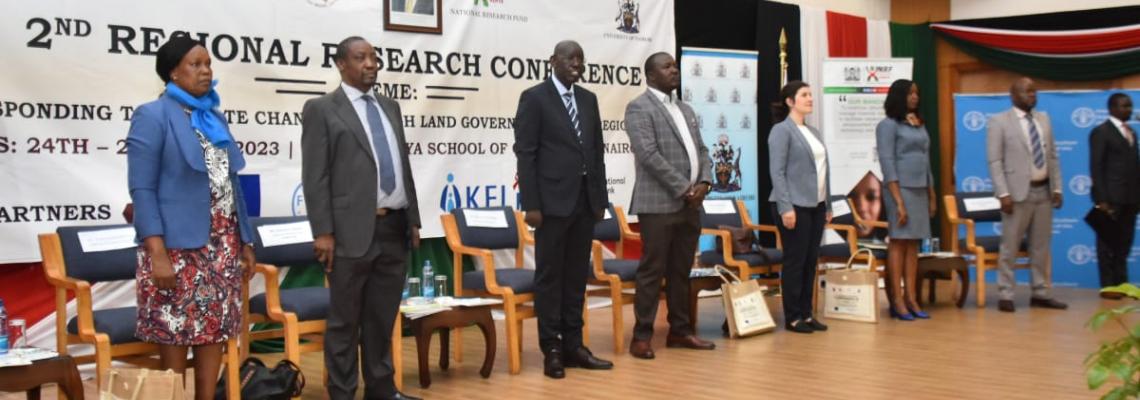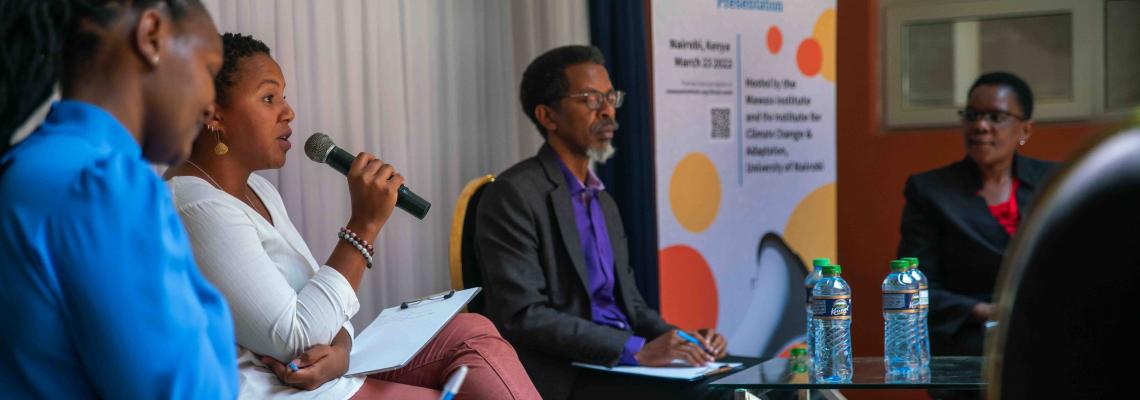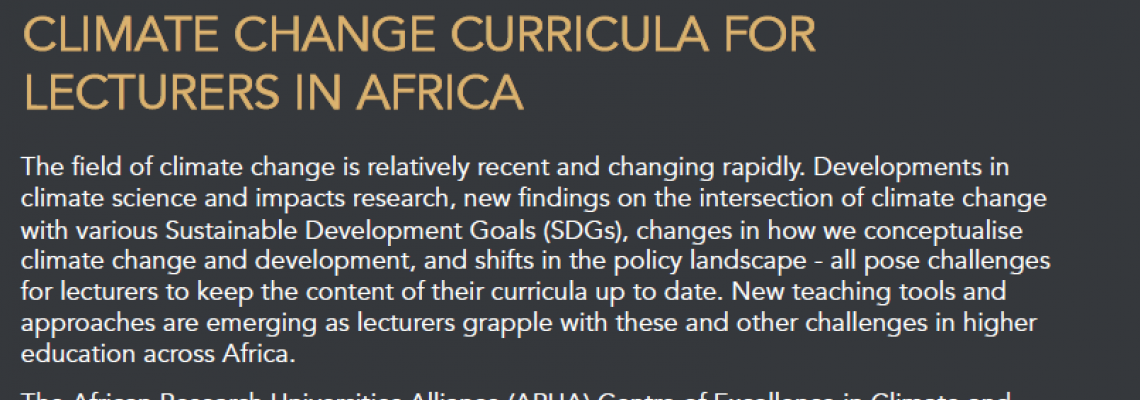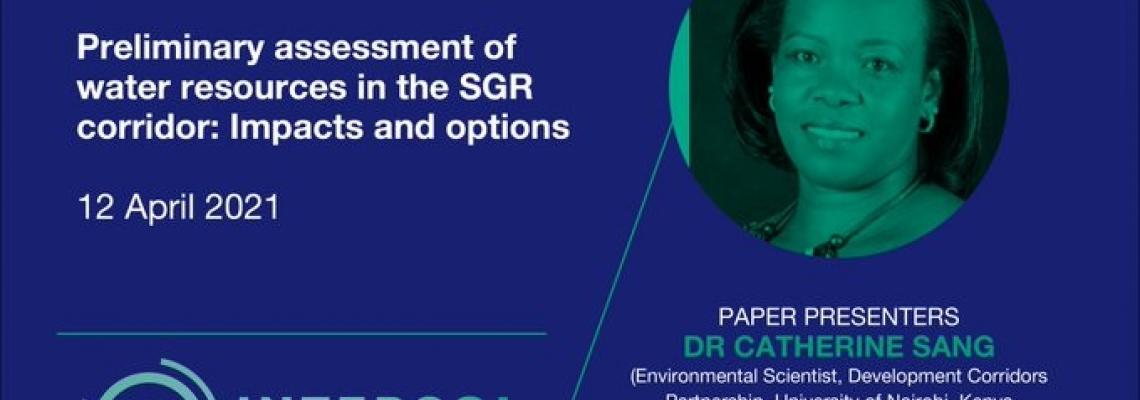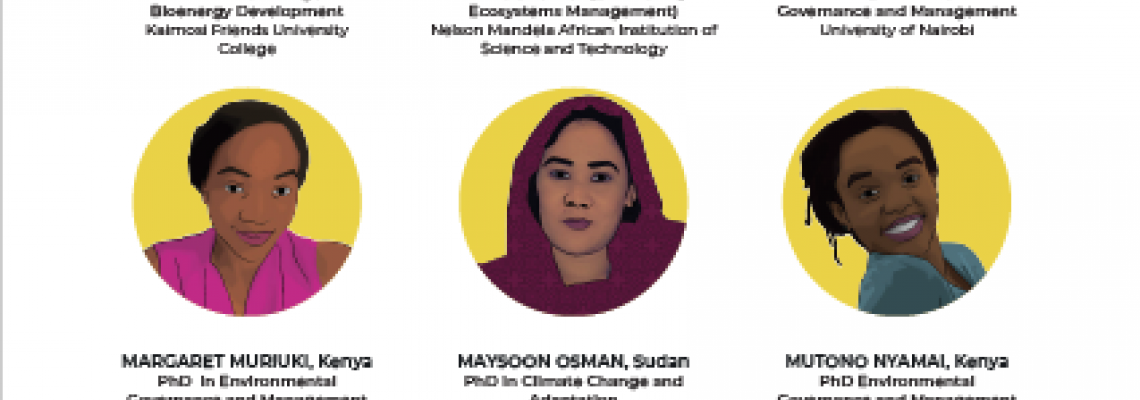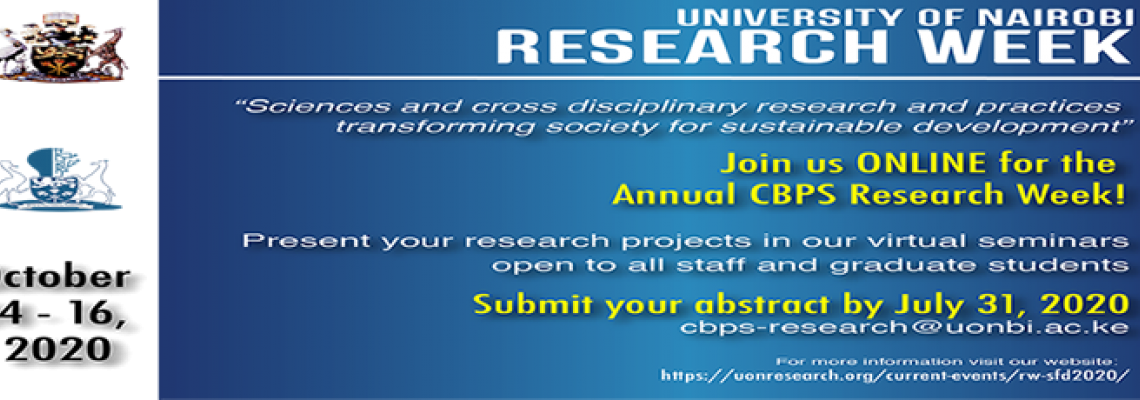Vision
To be the institution of choice for innovative climate change and adaptation research and training
Mission
Building human capacity necessary to address the unique climate change adaptation needs of vulnerable communities through teaching, action-oriented research, development of innovative technologies and community participation. Providing expert advice for national and regional policy formulation and implementation.
Core Values
- Safeguarding the environment for posterity.
- Freedom of thought and expression in academic inquiry and other activities.
- Visionary, Innovative and creative work and leadership.
- Good corporate governance exemplified by efficiency, effectiveness, inclusiveness, transparency and accountability.
- Effective teamwork, mentorship and collaboration
- Upholding professionalism, ethical standards and meritocracy.
- Providing unique and quality customer service.
- Nurturing responsible corporate citizenship, strong social and environmental responsibility.
- Embracing Information and Communication Technology in all our activities
Current Status
Currently,as per the 2019/2020 intake, the Institute hosts a student population of 271 postgraduate students undertaking their Masters and Doctorate working in the thematic areas of climate risk management and food security; human dimensions and health; policy and communications; sustainable technologies, and; water, environment and eco-systems.
These areas were selected as they offer the opportunity to address key points of vulnerability as well as develop innovative systems or products to build resilience to climate change for people in developing countries, and Africa in particular. Thus, the Institute seeks to promote climate resilient economic development and sustainable livelihoods in the face of a changing and variable climate while offering support related policy development as well as fostering novel ideas and the development of innovative adaptation technologies which when combined will serve to greatly reduce both exposure to climate-related risks and poverty levels.

